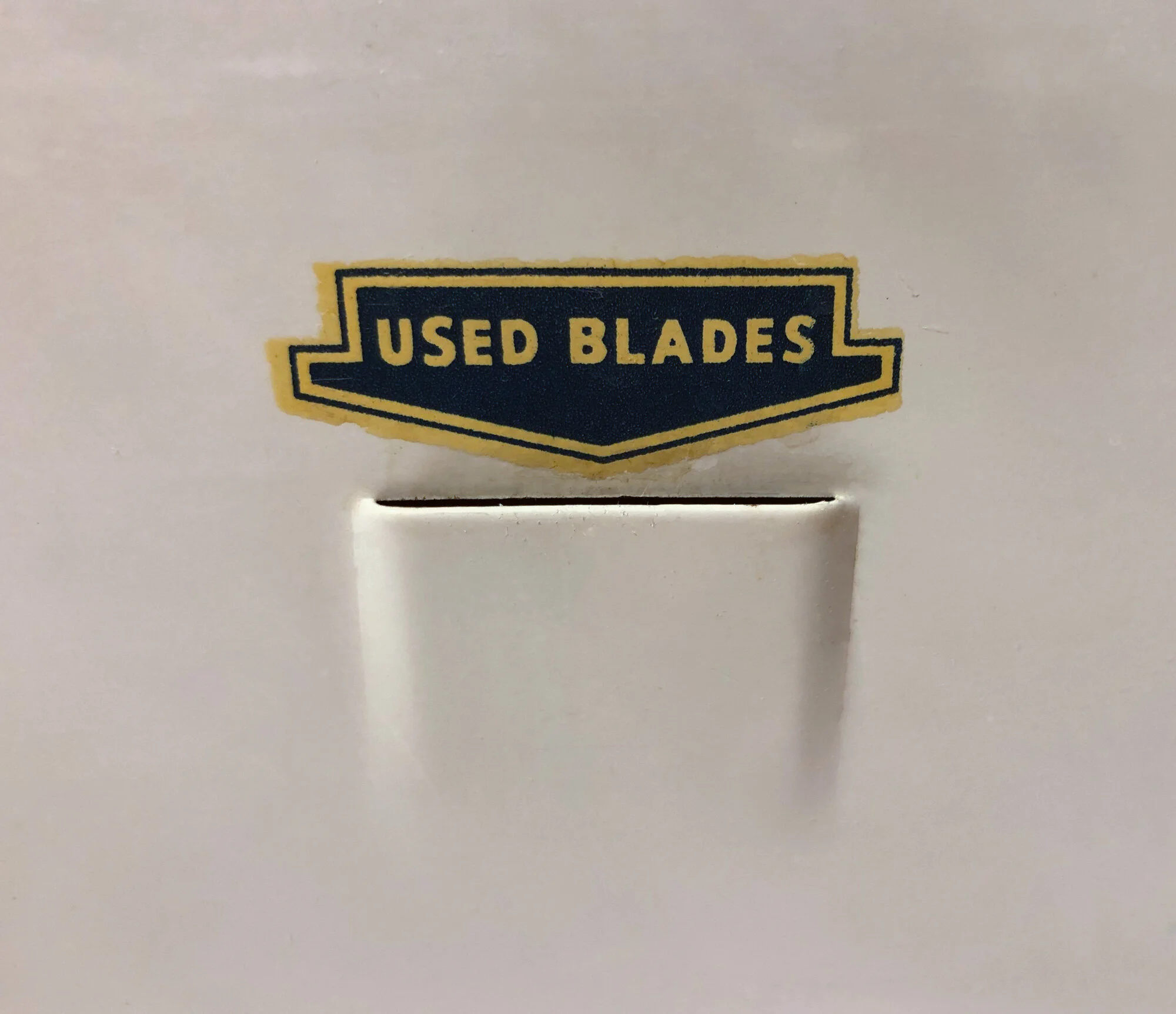As one year ends, we often consider what we will commit to doing regularly in the coming year.
Here’s a consideration: how often will we recommit when we falter?
When gym attendance dips in February, will we reset and be present once again in March?
When an intention to meditate turns into “I haven’t meditated for a week” do we have the resolve to begin again?
When we try to quit smoking, is the jig up with the first cigarette?
We can have a confident January-One mentality at any point in the year, even if we’ve gotten off track along the way. No need to wait until the next New Year rolls around. We can recommit right away.

